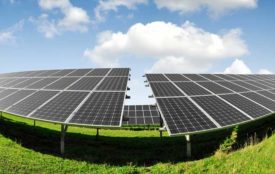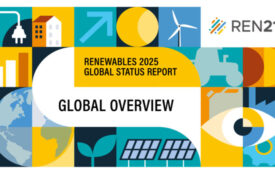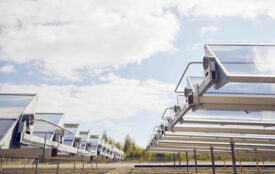Fossils fuels to lead as Africa doubles its energy capacity this decade
Researchers led by Oxford University have put together a comprehensive forecast of energy developments across the African continent up to 2030. Based on analysis of data on more than 3,000 power plant projects across 54 countries, the report predicts a doubling of generation capacity in Africa over the next decade, with fossil fuel projects to represent 60% of the total. Based on this, the authors warn of the need for both the public and private sectors to change to tack to avoid a missed opportunity for renewable energy.
Much has been said about the vital role of solar in bringing reliable electricity to developing economies and rural populations across Africa. While there have been plenty of encouraging developments, many countries still have a long way to go.
And for renewable energy specifically, the situation is similar – in many parts of Africa small rooftop PV systems have proved vital in plugging the energy gap for underserved communities, and development funding has flooded the renewables sector, enabling many projects to go ahead in regions that might otherwise struggle to find investment.
At the same time though, recent analysis of energy developments in Africa points to national utilities wary of renewables as a threat to their business model, inaction on the part of governments, and a lack of financing options as factors holding back the development of renewable energy. These trends are borne out in new research from Oxford University in the UK which looks at planned, completed and abandoned electricity projects in 54 African countries, to try and paint a picture of the continent’s future electricity mix.
Fossil fuels dominate
The study, A machine-learning approach to predicting Africa’s electricity mix based on planned power plants and their chances of success, published in Nature Energy, forecasts that electricity generation capacity across Africa will double by 2030, with 269 GW set to come online. More than half of this new capacity is expected be fossil fuel powered, with non-hydro renewables representing 17.4% of new projects and just 9.6% of generation.
Source
The report was written by the editorial staff of “pv-magazine” (Mark Hutchins) 2021 – the article may not be redistributed without permission!








